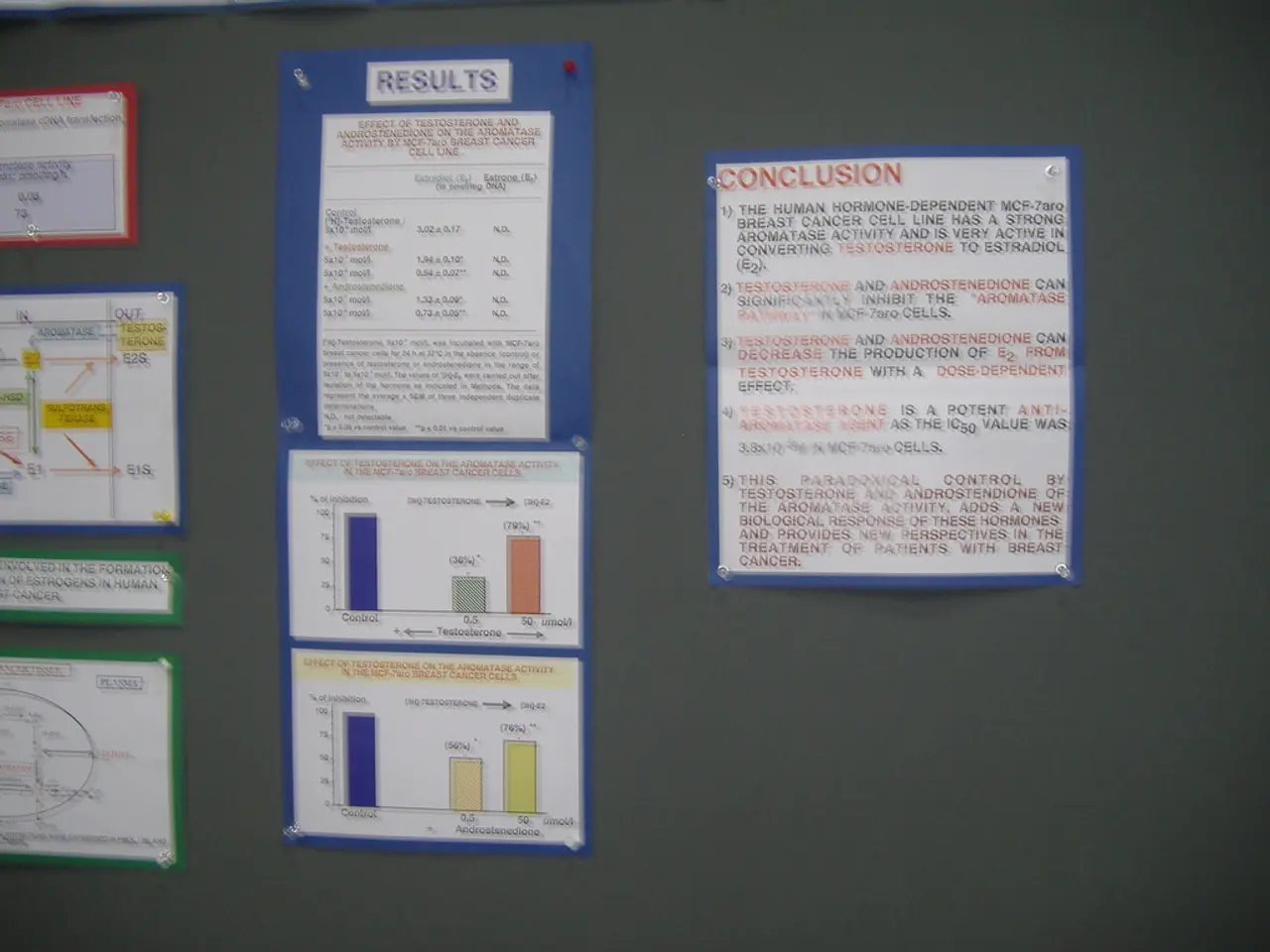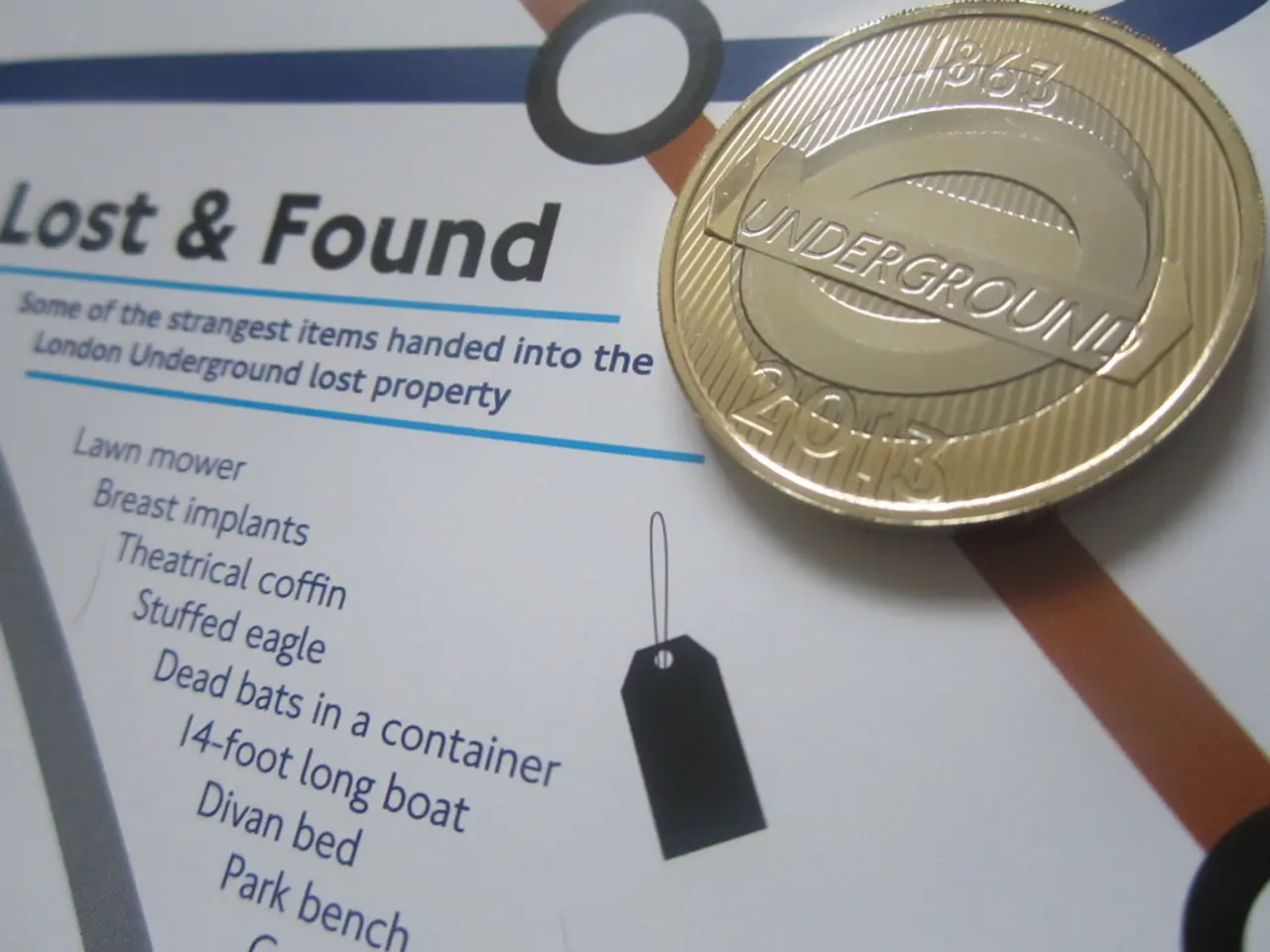Navigating the Duration of Estate Settlement: A Detailed Overview
In the aftermath of a loved one's passing, executors are tasked with managing and distributing their assets. This process, known as estate administration, typically spans between six months to over a year, depending on the complexity of the estate, state laws, and other factors.
The initial steps involve locating the will, filing the probate petition, and hiring counsel. This process initiates legal proceedings for validating the will and obtaining Letters Testamentary or similar legal authority to act. The issuance of Letters Testamentary marks the start of the asset marshalling phase, where the executor inventories, secures, and values all estate assets. This includes notifying heirs and creditors, opening estate accounts, and securing insurance on properties.
The most time-consuming steps often are asset valuation and creditor/tax resolution. During this phase, the executor fulfills creditor claims, files final income and estate tax returns, and settles administrative costs. This stage can take several months due to creditor claim periods, tax filings, and resolving any disputes.
Following the settlement of debts and taxes, the executor distributes the assets to beneficiaries. This may involve liquidating property and transferring titles. The final phase of estate administration involves closing the estate, where the executor files a final accounting with the court and obtains a discharge, closing estate accounts.
The timeline varies widely due to factors such as the complexity of the estate, state laws, and the need to satisfy debts and taxes before distribution. For instance, simple estates with few assets and no disputes may conclude within six to eight months. Larger estates, those with real estate transactions, ongoing business interests, or contested will/probate proceedings can extend to twelve to eighteen months or several years.
State laws play a significant role in the estate administration timeline. States impose differing deadlines for probate filings, creditor claim periods, tax return deadlines, and spousal election rights, affecting timing. For example, New York has a spousal right-of-election deadline up to two years from death and specific deadlines for asset inventories and tax filings.
Effective dispute resolution is vital to maintaining the estate's integrity and adhering to the estate administration timeline. Legal obligations, such as probate requirements and dispute management, significantly influence the estate administration timeline.
The executor is responsible for ensuring that the deceased's wishes are honored as outlined in the will, managing estate-related tasks, and complying with legal obligations and deadlines. Paying debts and taxes is a crucial phase, where executors must settle all outstanding debts and taxes, including funeral costs and taxes, before distributing the remaining assets to beneficiaries.
To facilitate a smooth estate administration, executors must be well-versed in the applicable state laws. Identifying and valuing assets is the next phase, which requires assessing properties, investments, and personal belongings to establish the estate's total value. The final stages of estate administration involve the distribution of assets to beneficiaries, ensuring compliance with the deceased's will or state laws when no will exists, and closure following court approval of the final accounting.
In summary, estate administration is a comprehensive process that requires diligence, patience, and a thorough understanding of the law. Executors play a crucial role in ensuring that the deceased's wishes are carried out, debts and taxes are settled, and assets are distributed to the rightful beneficiaries.
In the context of estate administration, executors may encounter an assortment of challenges related to intellectual property, particularly when dealing with the deceased's business assets or inventions. Their duties may require knowledge about the industry and finance to ensure proper valuation and distribution.
Given the complexity of larger estates, the process of estate administration can stretch for extended periods, with significant time spent on valuation, creditor/tax resolution, and ensuring compliance with business-related obligations and intellectual property rights. This can potentially extend the timeline to several years, highlighting the need for expertise and careful management in such matters.




